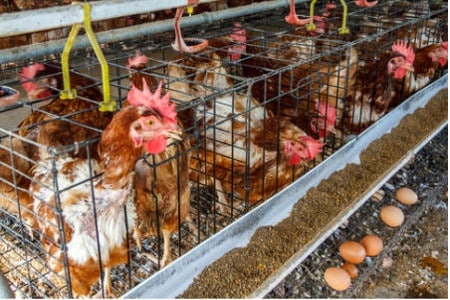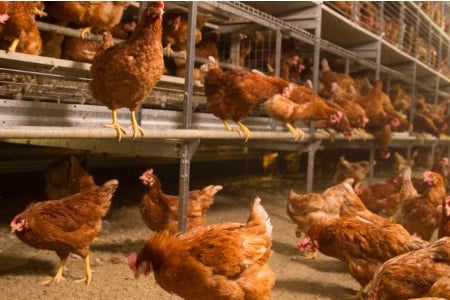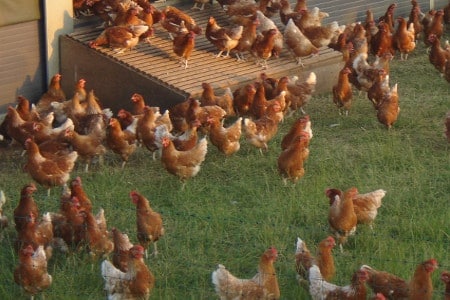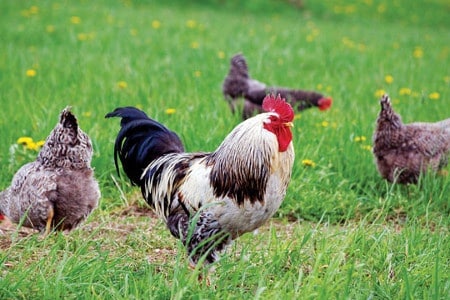These days we see a variety of eggs with different claims at the grocery store which makes it so confusing for the consumer. Here is a simple explanation of what these claims mean
CONVENTIONAL (Yellow or White Styrofoam container)

– Hens trapped in hen house. No access to sun or grass
– Injected with antibiotics and hormones
– Poor quality feed
– Least nutrients, more contaminants
– CHEAP
CAGE FREE

– Not caged but crammed in hen house (No space)
– Not much benefit nutritionally
– Hens are stressed, so quality of egg is not the best
FREE RANGE

– Amount of time spent outdoors is not regulated.
– Get only few feet of outdoor space
– The hen house that stays open for a few minutes, but may never go outside.
PASTURE RAISED

– Pastured hens get more than 100 square feet on fields where they can feed on plants and insects
– Naturally boost the amount of healthy omega-3s and other nutrients in each egg.
OTHER CLAIMS
Organic Eggs
– Hens are given organic, pesticide-free feed
– Not treated with antibiotics and hormones
– Hens may not have access to the outdoors and so nutrient density might be limited unless they are organic, pastured or omega-3 fortified.
Brown vs white eggs

– Just the feather of the hen
Omega 3 rich
– A typical egg has 30mg of Omega-3s
– An egg that is “enriched” with Omega-3s has as much as 350mg since these hens consume omega-3 rich feed from sources like flaxseed, algae or fish oil.
Vegetarian
– The hens are not fed any animal protein,
– Hens eat junk like corn and soybeans.
– Since they are restricted from eating things like worms and bugs normally found outdoors, these hens are typically trapped indoors.
Conclusion:
– Pasture-raised eggs are probably the best eggs you can buy, but they are also the most expensive. They come from hens that have free access to the outdoors at all times. They have the space to perform all of their natural behaviors, and have not had their beaks trimmed.
– Best option If possible, buy your eggs from a local farm were you can see the birds and how they are raised and fed.
EGG claims debunked
